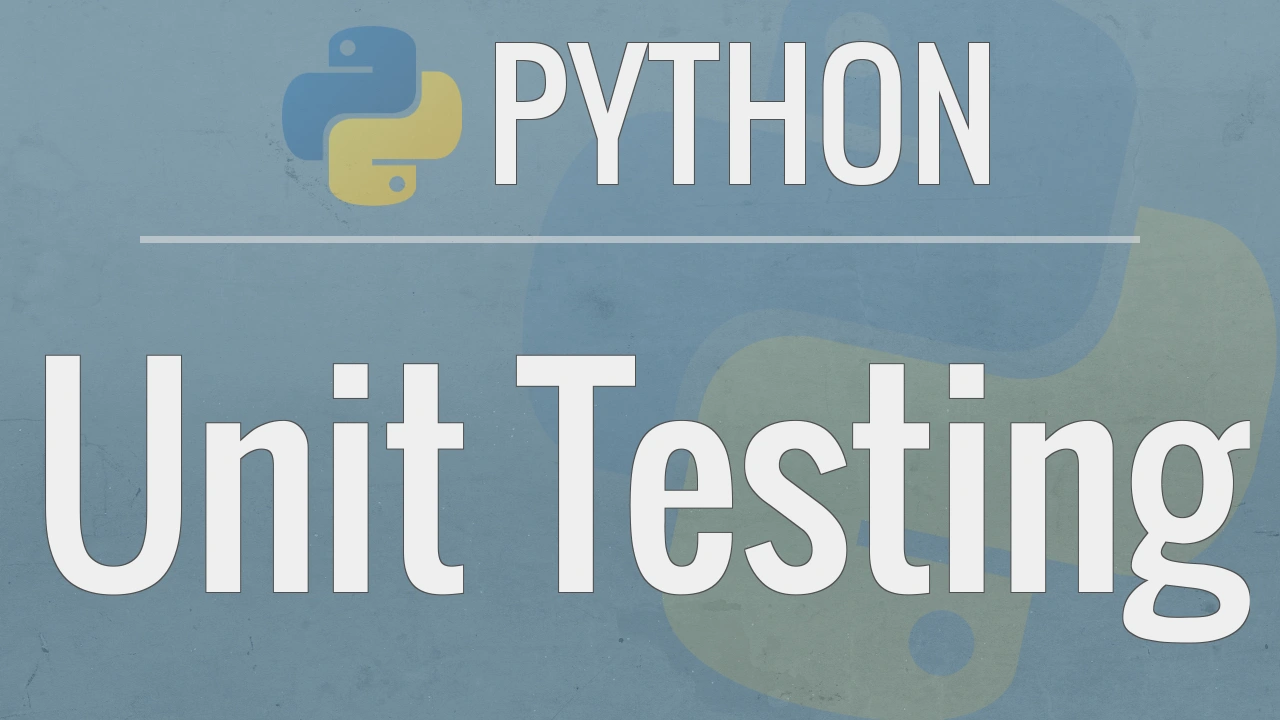The Comprehensive Guide to Testing in Python: From Unit to Full
Testing is an integral part of the software development lifecycle. It ensures that your code functions as expected, catches bugs early, and helps maintain the integrity of your application. In this comprehensive guide, we’ll explore different types of testing and demonstrate how to implement them using Python, with a focus on the FastAPI framework.
- Types of Testing
Unit Testing
Unit testing involves testing individual units or components of a program in isolation.
Example in Python (using pytest):
# test_sum.py
def add(x, y):
return x + y
def test_add():
assert add(2, 3) == 5
assert add(-1, 1) == 0
Integration Testing
Integration testing ensures that different parts of the system work together as expected.
Example in Python (using pytest):
# test_integration.py
def multiply(x, y):
return x * y
def test_multiply_integration():
result = add(2, 3)
assert multiply(result, 4) == 20
Full Testing
Full testing, also known as end-to-end testing, tests the entire application, including interactions between different layers.
Example in Python (using Schemathesis and FastAPI):
# test_full.py
from schemathesis import from_pytest_fixture
from your_fastapi_app import app
schema = from_pytest_fixture(“your_openapi_fixture”)
@schema.parametrize()
def test_full(api_schema_url, case):
response = case.call_and_validate(url=api_schema_url, app=app)
case.validate_response(response)
- Pytest in Python
Pytest is a testing framework for Python that makes it easy to write simple unit tests.
Installing Pytest
pip install pytest
Pytest Features
- Test Discovery: Pytest automatically discovers and runs tests in your project.
- Assertion Failure Details: Pytest provides detailed information on assertion failures.
- Fixtures: Pytest fixtures are used to set up and provide resources for tests.
- Parameterization: Pytest allows you to parameterize tests, providing multiple sets of data.
Example:
# test_pytest_features.py
import pytest
def add(x, y):
return x + y
@pytest.mark.parametrize(“input, expected”, [(2, 3, 5), (-1, 1, 0)])
def test_add(input, expected):
assert add(input[0], input[1]) == expected
- Property-Based Testing with Schemathesis
Schemathesis is a Python library for property-based testing of web applications using OpenAPI and Swagger schemas.
Installing Schemathesis
pip install schemathesis
Example:
# test_schemathesis.py
from schemathesis import from_pytest_fixture
from your_fastapi_app import app
schema = from_pytest_fixture(“your_openapi_fixture”)
@schema.parametrize()
def test_schemathesis(api_schema_url, case):
response = case.call_and_validate(url=api_schema_url, app=app)
case.validate_response(response)
- Security Testing
Security is paramount in any application. Schemathesis can be extended to automate security tests, ensuring that your authentication mechanisms are robust.
Example:
# test_security.py
from schemathesis import from_pytest_fixture
from your_fastapi_app import app
schema = from_pytest_fixture(“your_openapi_fixture”)
@schema.parametrize()
def test_security(api_schema_url, case):
# Perform security-related tests here
pass
- Load Testing with Locust
Locust is a popular load testing tool that allows you to define user behavior with Python code.
Installing Locust
pip install locust
Example:
# locustfile.py
from locust import HttpUser, task, between
class MyUser(HttpUser):
wait_time = between(1, 3)
@task
def test_endpoint(self):
self.client.get(“/your-endpoint”)
Testing is not just about finding bugs; it’s a fundamental aspect of building robust and reliable software. Python offers strong tools like Pytest, Schemathesis, and Locust to facilitate testing, whether you are doing unit testing, integration testing, or comprehensive end-to-end testing. In order to guarantee the longevity and success of your projects, incorporate testing into your development workflow.
